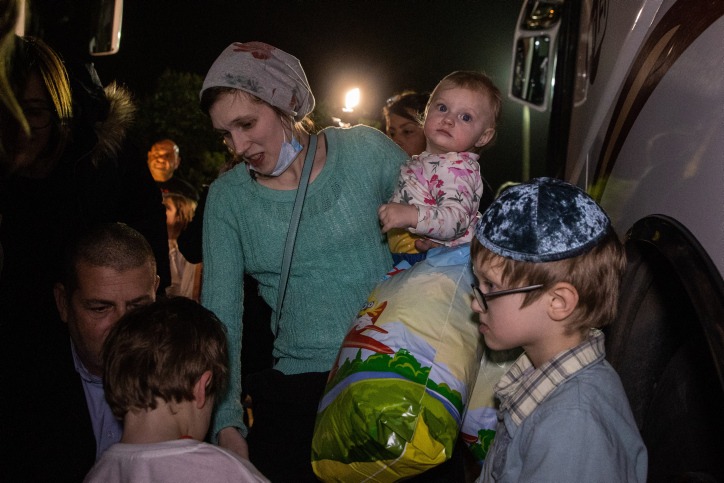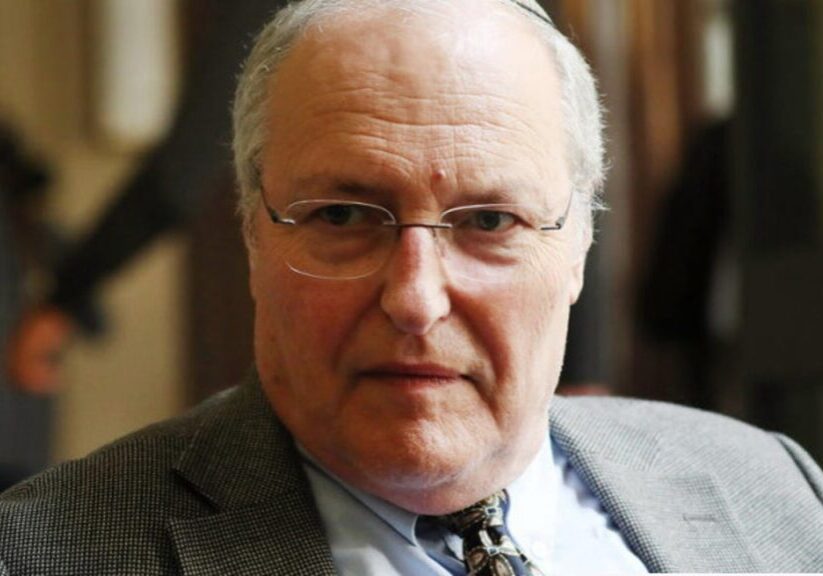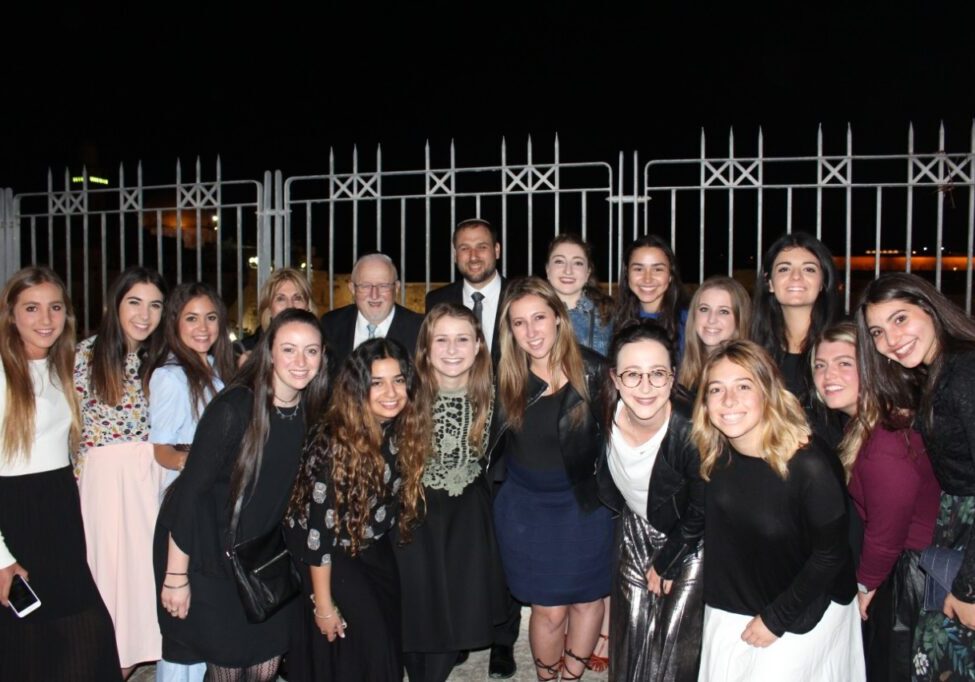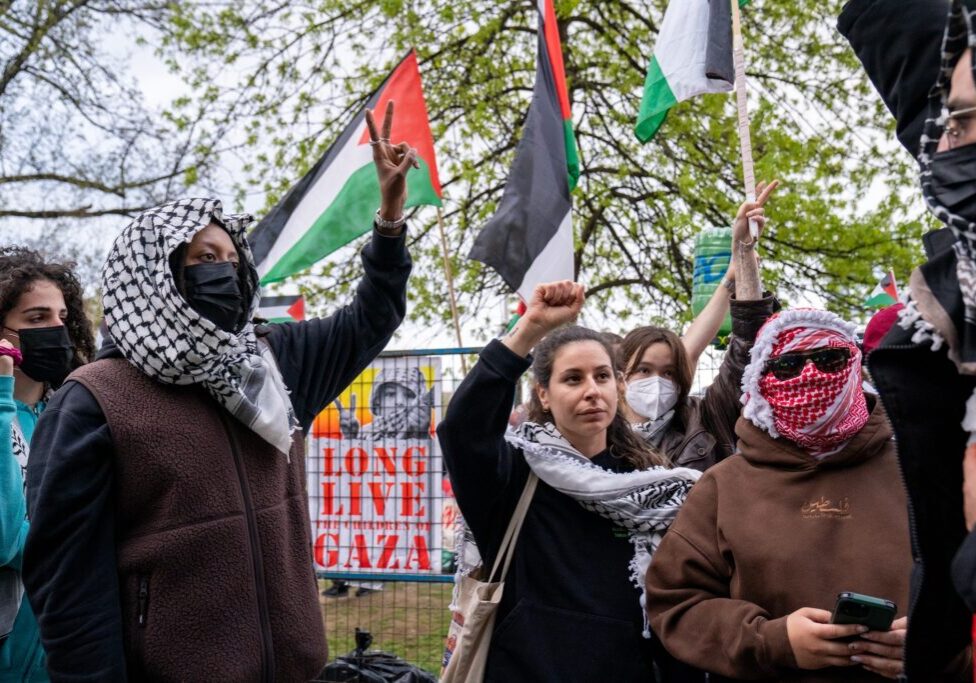Australia/Israel Review
Europa Europa: Responsible for each other
Apr 1, 2022 | Alex Benjamin

“Kol Yisrael Areivim Zeh La Zeh” is a traditional Jewish saying. Loosely translated, it means “All of Israel are responsible for each other.”
That sentence is foundational and fundamental to us as a people.
When one thinks of unity in the face of adversity there’s a deep well of quotes to draw from. One of my favourites is from Shakespeare’s Henry V: “From this day to the ending of the world, but we in it shall be remembered – we few, we happy few, we band of brothers; For he to-day that sheds his blood with me shall be my brother.”
As I write this, the war in Ukraine is in its third week. Ukrainians are dying, or trapped, caught up in a sudden criminal attack by a neighbour. Russian President Vladimir Putin’s attitude appears to be that of a psychotic ex-boyfriend telling them, “If I can’t have you, nobody will.” So, naturally the world is bathed in admiration for a people who wish to remain free, a people whose bonds to each other have been forged in a long arc of history that encompasses famine, hardship, persecution and now, war and exile.
That last sentence sounds eerily familiar to Jewish ears.
Look at our family histories. In my case, we were living in Romania until the late 19th century. Then pogroms. Then London. If you are Jewish, there is probably a good chance your family ended up in Australia (or wherever else you are reading this from) because of upheaval or worse. Almost every Jewish family has a similar story, Sephardic, Ashkenazi, Mizrahi, Ethiopian, Russian etc. We have a good idea what the Ukrainians are now feeling.
Most of us are not particularly surprised at events there. Horrified yes, but surprised? Why would we be? Our shared memory of European life is one of regular displacement, and we understand only too well that apparent stability is often precariously fragile.
Little wonder then, that we at the European Jewish Association have been inundated with calls from Jews from Bordeaux to Bucharest, and indeed from further afield, from Buenos Aires to Brisbane too, all asking what they can do to help. From clothing, to physically housing Jewish refugees in their homes, to generous donations and prayers, the response has been humbling and overwhelming. Of course, many Jews are seeking to help Ukrainian citizens regardless, but the majority of emails in my inbox concern Jews seeking to help other Jews first and foremost.
Take a gentleman in Paris who called me, his voice choking with emotion, asking how he could accommodate some Jewish exiles from Ukraine. He told me that this was his chance to rectify the lack of humanity shown to his grandparents, who had nowhere to escape to, no warmth, no light, only a cattle truck towards death.
It was more than an act of tzedakah (charity) for this person – it was a cathartic experience. And this is happening in every city as Ukrainian Jews are finding a warm and welcoming place to live amongst their brothers and sisters in Spain, Italy, or closer to home in Poland or Romania.
Just yesterday, I could barely enter the office. Along with stacks of boxes of mishloach manot (traditional gift baskets for the Purim holiday) that we send to communities across Europe at this time of year, were bags and bags of donated clothing that left shortly afterwards in trucks to Ukraine. It was a powerful moment. I stopped and thought long and hard about the contradiction it represented. The joy represented by one set of boxes, and the misery represented by the bags of clothing.
The slogan Kol Yisrael Areivim Zeh La Zeh was born out of necessity. We have had to look after each other because we are the very embodiment of that Henry V speech. In good times, and bad.
I genuinely believe that it matters little to most Jews in Europe where we are from. Israeli PM Golda Meir made a famous aside to Henry Kissinger when the then US Secretary of State told her that he considers himself “an American first, Secretary of State second, and a Jew third.” Meir replied, “In Israel, we read from right to left.” This sums up where most of our community is at this moment.
Our response so far in doing what we can – indeed what we must – makes me very proud. I choke up when I think of the 90 Jewish orphans from Odessa now safely ensconced in the Jewish community in Berlin, or that act of selflessness from that gentleman in Paris, bringing strangers into his home. But seeing these refugees as strangers is the last thing on his mind. Jews, first and foremost, share a responsibility for each other passed from generation to generation.
We few. We happy few. We band of brothers.
Tags: International Jewry, Ukraine






